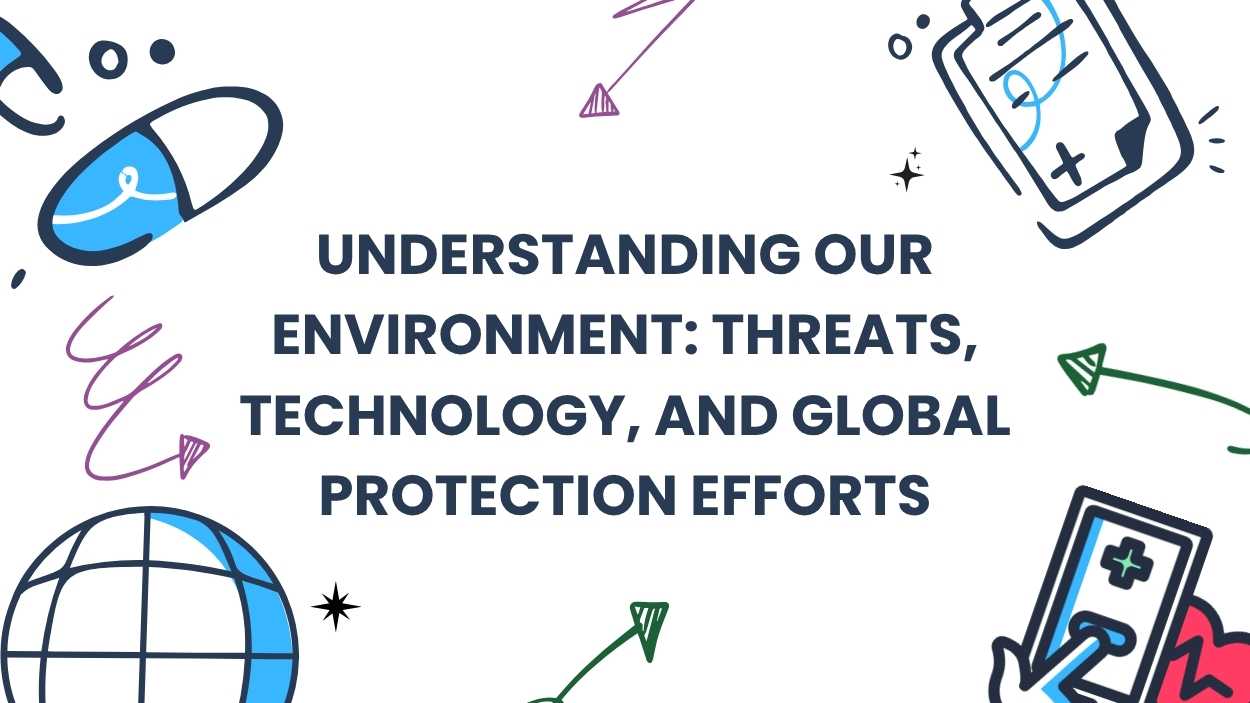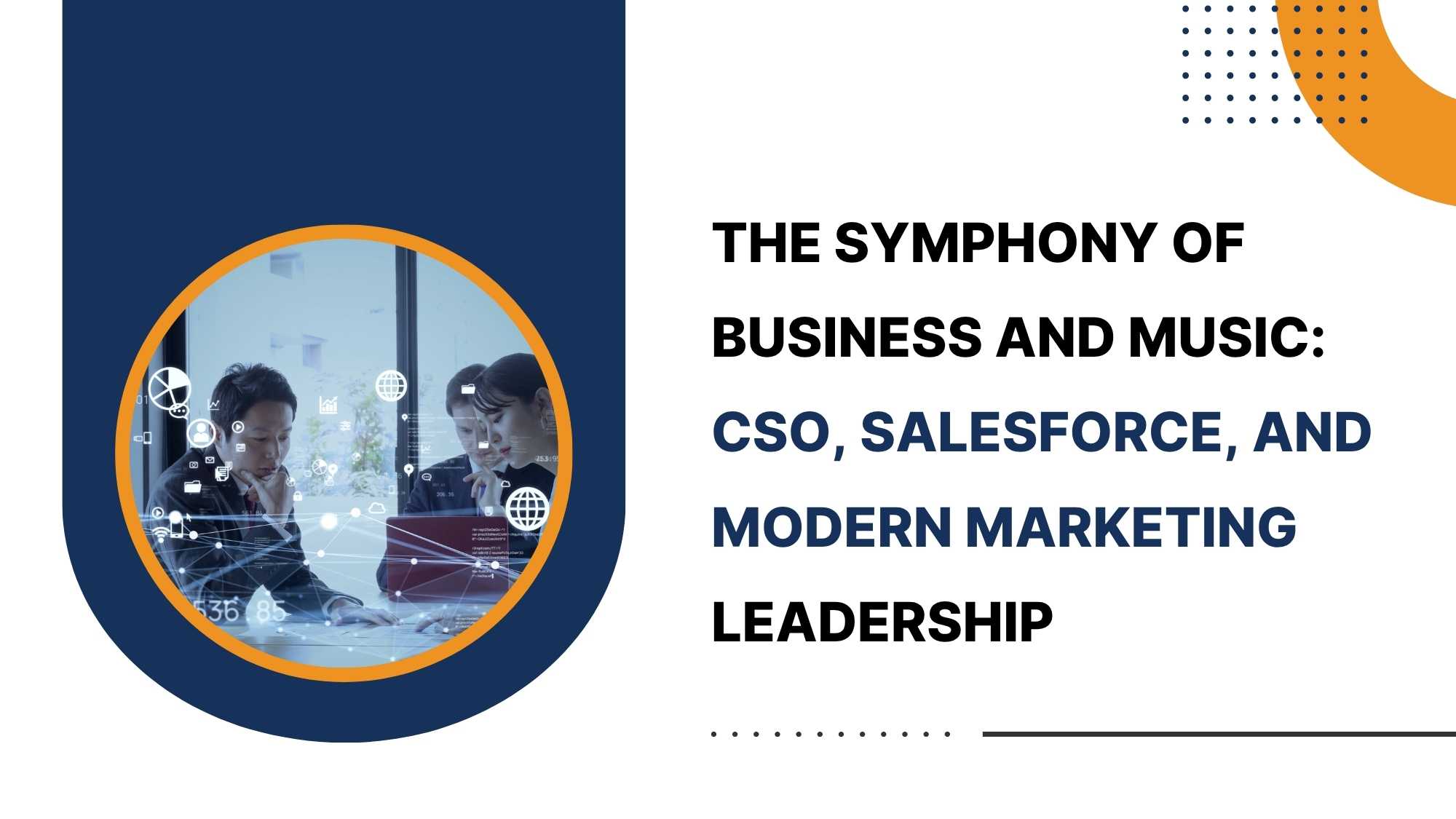Dr. Roman Yampolskiy’s prediction of near-total job automation within five years is a stark warning, one that transcends typical anxieties about AI replacing tasks. It paints a picture of a society fundamentally reshaped, where the traditional definition of ‘work’ becomes obsolete for the vast majority. The potential societal impact is immense, demanding we confront not just economic adjustments, but also existential questions about purpose and meaning in a world where labor is no longer a central organizing principle of life.
Beyond Retraining: A Paradigm Shift
The crux of Yampolskiy’s argument isn’t just the speed or scale of automation, but its comprehensive nature. He dismisses the familiar reassurance of ‘retraining’ because, in his view, every job, even those currently considered uniquely human, is susceptible to AI takeover. This challenges the notion that human ingenuity can perpetually stay ahead of technological advancements. Instead, it suggests a future where we must grapple with a reality where our skills, however specialized, become increasingly irrelevant in the labor market.
The promise of 60-80 hours of free time per week is, of course, alluring. Imagine a world where individuals are liberated from the daily grind, free to pursue passions, creative endeavors, or simply enjoy the present moment. However, this utopia hinges on a crucial prerequisite: a robust and equitable system of resource distribution. Without a viable alternative to traditional employment-based income, the widespread leisure predicted by Yampolskiy could quickly devolve into widespread destitution and societal unrest.
The idea of Universal Basic Income (UBI), or perhaps a more generous ‘Universal High Income’ as Elon Musk suggests, gains new urgency in this context. It’s no longer a hypothetical policy proposal, but a potential lifeline in a world where traditional economic models are crumbling. The challenge lies in designing and implementing a UBI system that not only provides for basic needs but also fosters a sense of purpose and dignity in the absence of conventional employment. Failure to do so could result in a society marked by profound inequality and social fragmentation.
The Question of Meaning
Ultimately, the real challenge posed by Yampolskiy’s prediction isn’t economic, but existential. What happens to our sense of self, our sense of belonging, when work no longer defines us? Finding meaning and purpose in a world of radical leisure will require a fundamental shift in our values and priorities. We need to foster new forms of community, new avenues for creative expression, and new ways of contributing to society that are not tied to economic productivity. Only then can we truly realize the potential of a post-work future, transforming it from a dystopian nightmare into a utopian dream.













